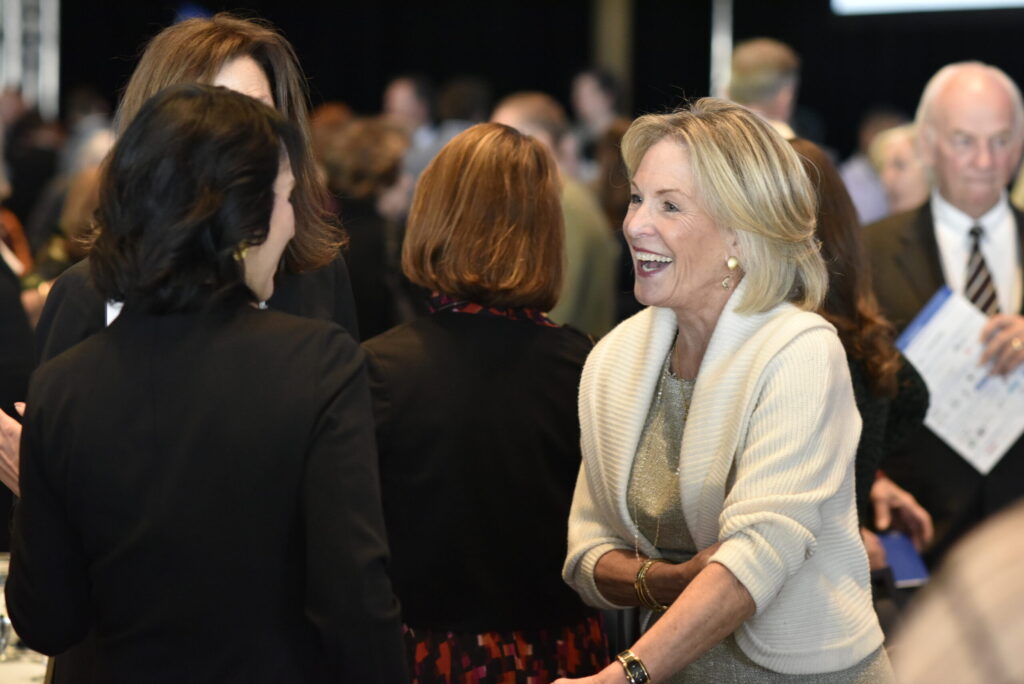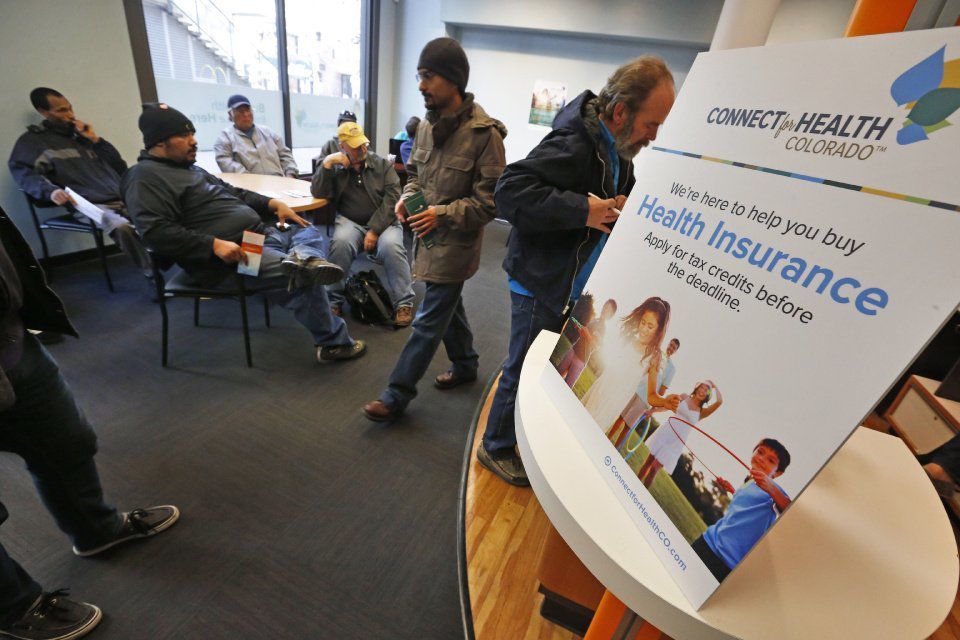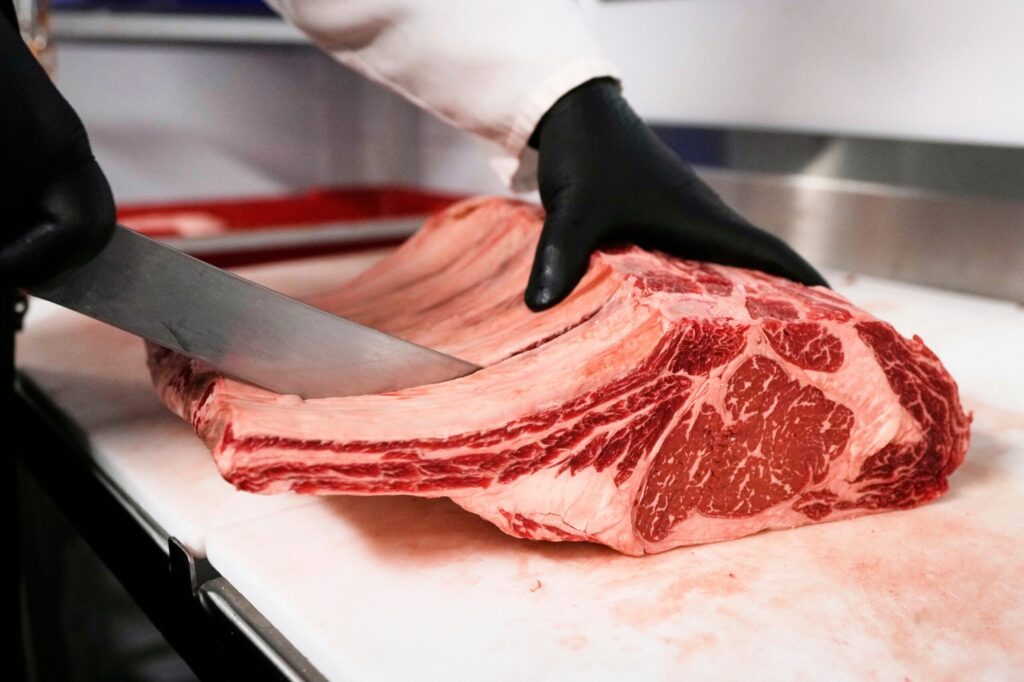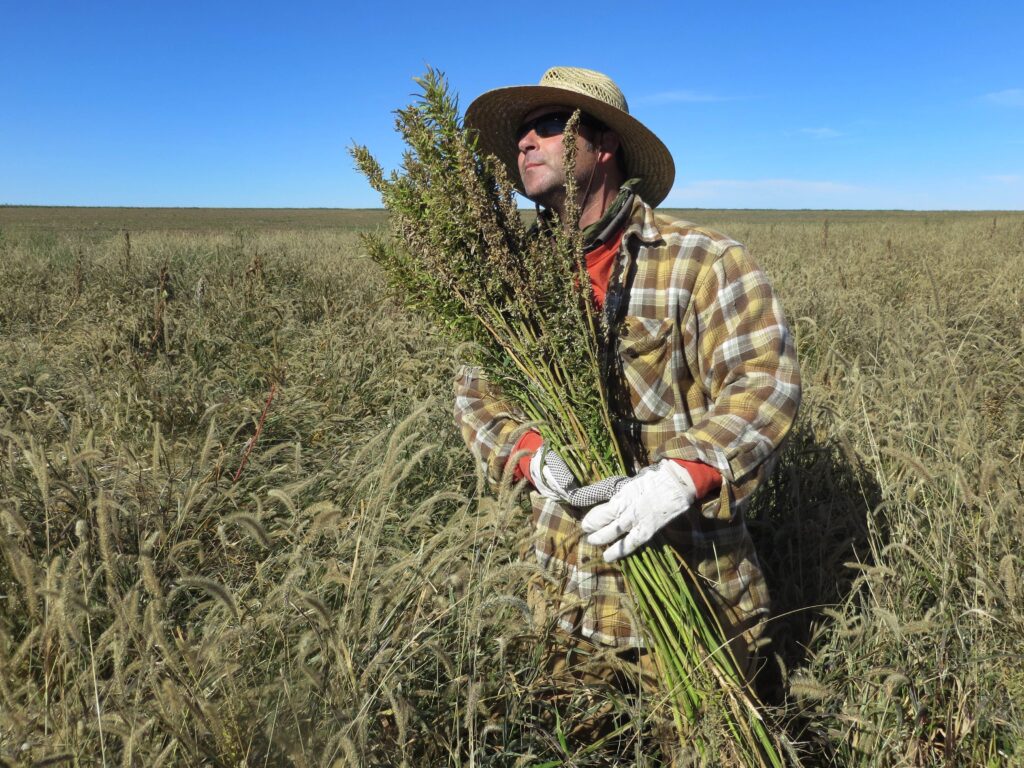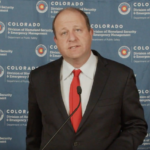A LOOK BACK | Colorado RNC committeeman vetted for U.S. ambassadorship

Forty Years Ago This Week: Boulder County Republican Party Chair Lynn Ellis told her fellow party members that he was considering running for Republican National Committeeman after learning the sitting committeeman would be stepping down to take a U.S. ambassador position.
Keith Brown, who was then the sitting committee person for Colorado, was being vetted as ambassador to Lesotho and was expected to resign his position on the RNC.
“I’ve talked to some people and want to see if there’s any support for me,” Ellis said. “I planned on running for Republican National Committeeman in 1984 if Keith Brown didn’t run again. The timing on this race isn’t as good as it could be, but I am actively considering the possibility.”
Walt Klein, who owned a political consulting firm, had also been name-dropped as a potential RNC candidate. Klein told The Colorado Statesman that he foresaw “no conflict of interest in becoming a Republican National Committeeman and still having my consulting firm handle GOP candidates involved in primary elections.”
Klein’s wife Cheryl was president of Walt Klein and Associates, but several county chairmen and party activists voiced sharp concern about the ethics and feasibility of such a scenario.
Twenty Years Ago: The office of Gov. Bill Owens had been scheduling a number of round table meetings across the state in order to discuss pertinent economic issues facing the state’s varied regions. At the gathering in Grand Junction, which was attend by over 200 people, the focus was on the disconnect between the Denver economic boom of the 1990s and the sluggish Western Slope economy.
Owens told the assembled western Coloradans that the Front Range economy had been thriving because of its high degree of economic diversification. He underscored that a similar diversity should be emphasized in all Western Slope economic development efforts.
A question was posed about upgrading Mesa State College to a full-blown research university for Grand Junction, but Owens responded that there were no plans for a Western Slope university.
“The state has been helping Mesa State with capital improvements, but a research university is expensive,” Owens said. “We already have two in this state, and we’ve told both universities that their job is also teaching students. It’s actually their job.”
Several highly placed business leaders and elected officials suggested various ways the state government could aid struggling counties from lowering severance taxes on minerals, oil and gas to expanding vocational training with community colleges.
Owens tamped down expectations, warning that the state would not have “much to offer during the upcoming legislative session.”
Business leaders also gave presentations advocating for major improvements to highways, air service and telecommunications, all vital to a thriving economy.
Owens said he would continue to work with the legislature to find more money for improvements to rural highways and said, “The money is there.” Owens, however, did not discuss any improvements to air service to the Western Slope which was both “unreliable and expensive,” according to several attendees.
While attending other round-tables across the state, the “non-candidate” Gov. Bill Owens’ 4,000 square foot campaign headquarters in Lakewood was christened at an elaborate ceremony attended by a selection of family members.
The Owens campaign had signed a one-year lease with Grow Industries for $3,600 a month. With a 34-car parking lot, a conference room, 20 phone lines, and six separate executive offices, it was only a matter of time before the official re-election announcement came.
Outside the wait-and-see world of Gov. Bill Owens, state Rep. Lauri Clapp fully reversed course after announcing that she wouldn’t seek re-election and would instead run for Arapahoe County Commissioner. Instead, the Centennial Republican announced she was instead sticking with her House District 37 seat.
Clapp said that when she had first decided to run for commissioner she had checked the district map online, but found out later that the revised map that showed updated boundary lines following redistricting had not yet been uploaded. After checking with the clerk and recorder’s office, Clapp found that her residence was outside the commissioner district by two blocks.
Clapp told the Greenwood City Council, a week before her candidate about-face, that she preferred local politics over those at the state capital.
Rachael Wright is the author of the Captain Savva Mystery series, with degrees in Political Science and History from Colorado Mesa University, and is a contributing writer to Colorado Politics and The Gazette.



